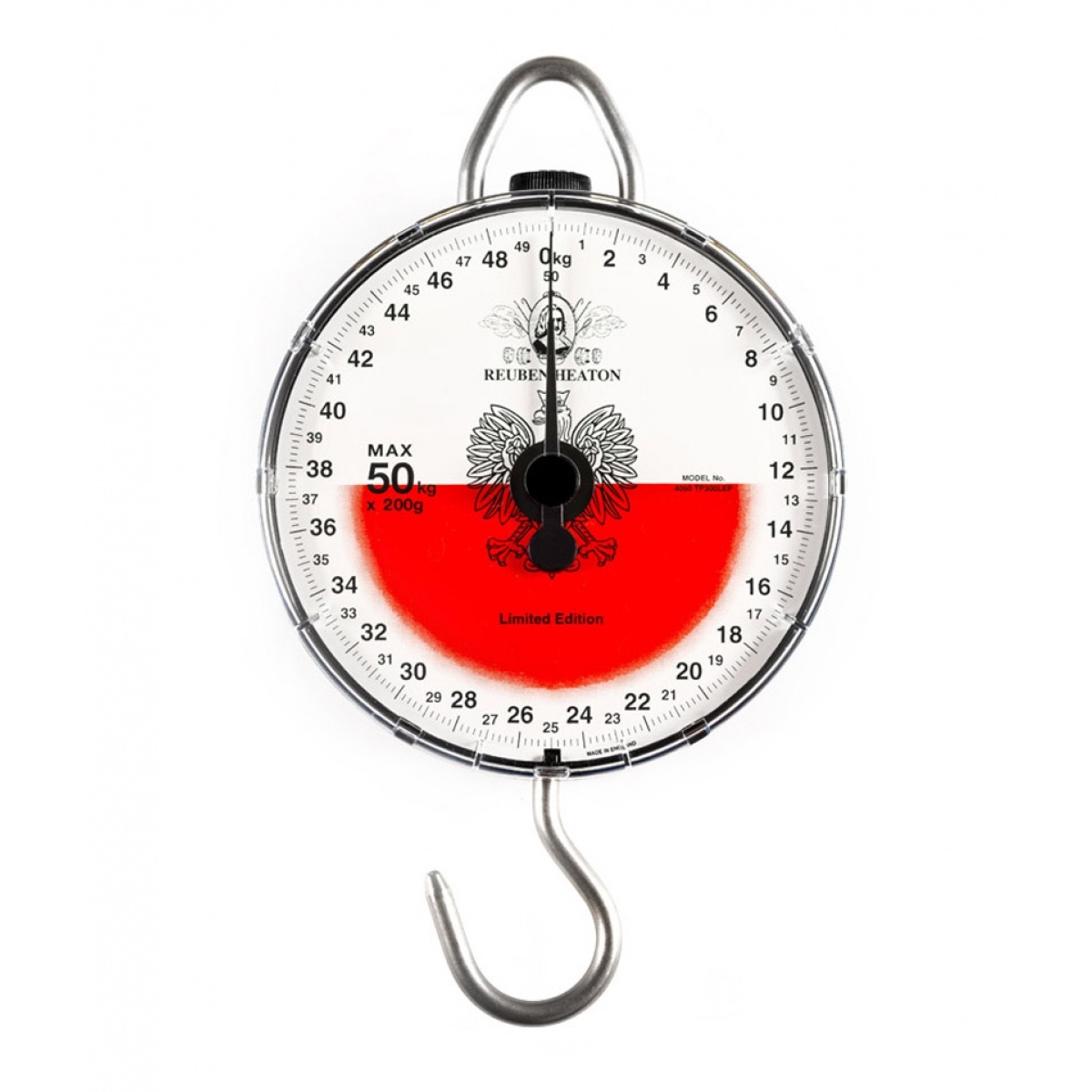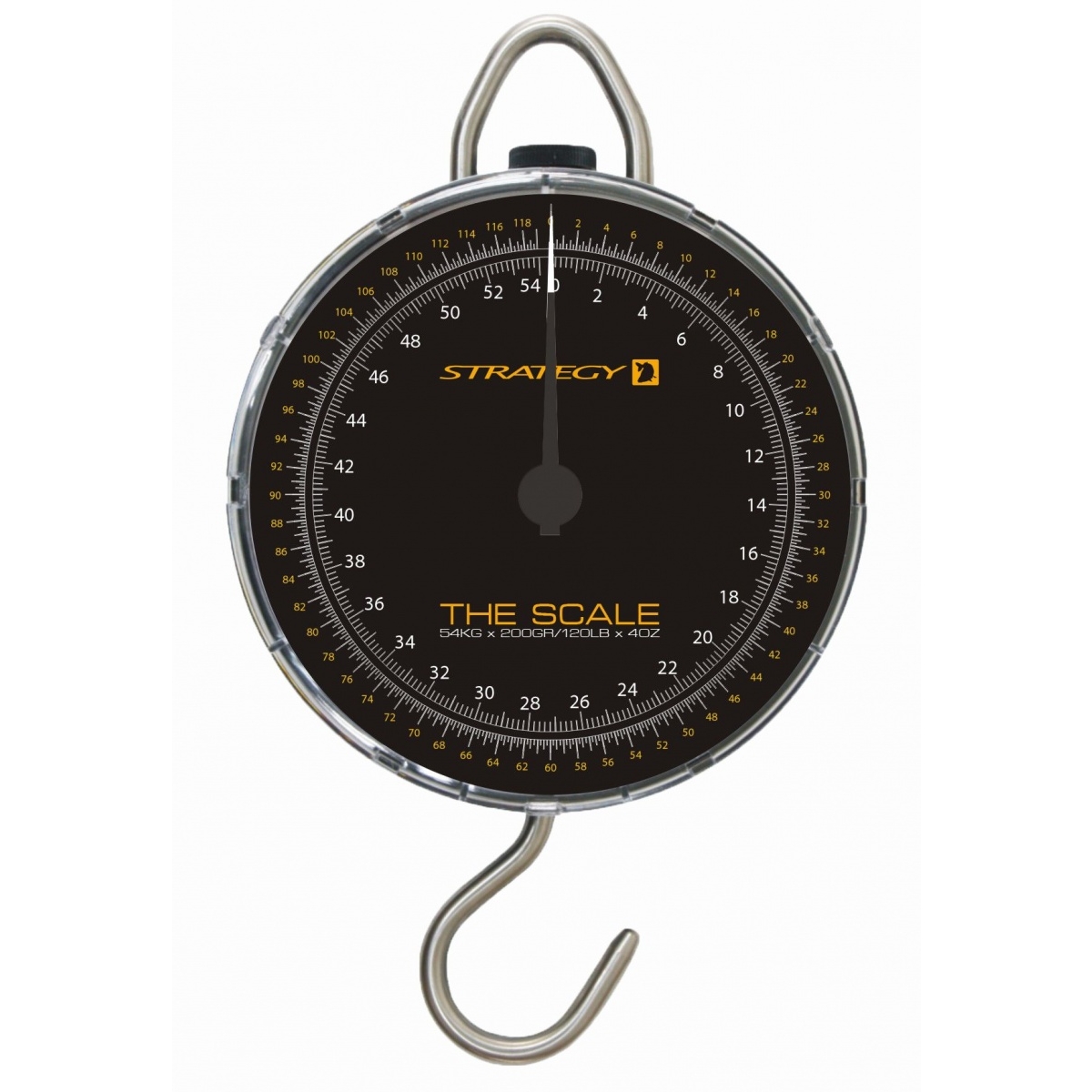Blog

Choosing the Right Carp Weighing Scale for Carp FishingWhen it comes to weighing your catch in carp fishing, selecting the appropriate scale is crucial to ensure accurate measurements and safe handlin
Choosing the right carp scale is not as straightforward as it may seem. Currently, there are two types of carp scales available on the market. These are mechanical scales and digital scales. Both types have their own disadvantages and advantages. When selecting a scale, it's also important to consider the size of the fish we are catching, as there are scales with both smaller and larger weight capacities.
Advantages of Mechanical Scales:
- Easy to use: Mechanical scales are typically easier to use than their digital counterparts. They do not require batteries or complicated settings.
- Durability: Mechanical scales may be more resistant to weather conditions such as rain or humidity because they do not have sensitive electronic components.
- No power source needed: Mechanical scales do not need batteries.
- Impact resistance: Due to the lack of electronic components, mechanical scales may be more resistant to impacts or accidental damage.
- Cost: Mechanical scales are generally cheaper than digital scales with similar capacities.
Disadvantages of Mechanical Scales:
- Less measurement precision: Mechanical scales may be less precise than their digital counterparts, which can be significant, especially when catching larger fish where scale accuracy is very important.
- No additional features: Mechanical scales usually offer basic weighing function without additional options such as automatic zeroing or memory for different measurements.
- Difficult to read at night: In darkness, especially when fishing at night, reading the indications of a mechanical scale may be more difficult than with a digital scale, which is often equipped with backlighting.
- Less ergonomic: Some carp anglers find mechanical scales less ergonomic to use, especially if they require a lot of strength to grasp and lift the fish during weighing.
- Possibility of human error: The reading on a mechanical scale may be prone to errors resulting from incorrect interpretation by the angler.
Examples of Proven Mechanical Scales:
Reuben Heaton Poland Scale 50 kg Limited Edition

Advantages of Digital Scales:
- Measurement precision: Digital scales generally offer higher precision in measurements than mechanical scales, which can be significant, especially for larger catches.
- Additional features: Digital scales often have extra features such as automatic zeroing, memory for different measurements, the ability to convert weight units (pounds, kilograms), tare functions, or the "Hold" feature. The Hold feature is nothing more than a readout lock function, meaning when the fish stops moving in the weigh sling for about 2-3 seconds, the scale saves the measurement. This ensures the weight provided is precise.
- Easy readability: Digital displays have clear and easy-to-read results, even in low light conditions. Most models also have backlighting, which makes it easier to use the scales at night.
- Ergonomics: Digital scales are often more ergonomic to use, offering intuitive user menus and easy-to-operate buttons.
Disadvantages of Digital Scales:
- Power dependency: Digital scales require a power source, usually in the form of batteries. If the batteries are exhausted, the scale may stop working. Sometimes we may not have spare batteries with us.
- Susceptibility to electronic damage: The electronic components of digital scales may be vulnerable to damage from impacts, flooding, or other mechanical injuries.
- Higher price: Digital scales with similar quality and capacity are more expensive than mechanical scales.
- Need for calibration: Digital scales sometimes require regular calibration to ensure measurement accuracy, which can be troublesome for some.
- Less resistant to weather conditions: Digital scales may be less resistant to extreme weather conditions, especially moisture and rain, which can affect their operation.
So, which scale should you choose?
The decision on which carp scale to choose depends on the individual preferences of each angler. Mechanical scales are simpler to operate and more durable, but may be less precise and harder to read in the dark. Digital scales, on the other hand, offer higher precision and are easier to read, but they require a power source and may be less resistant to weather conditions. Therefore, it is worth considering what matters most to you before purchasing, as well as consulting your needs with experienced carp anglers or fishing equipment vendors.
